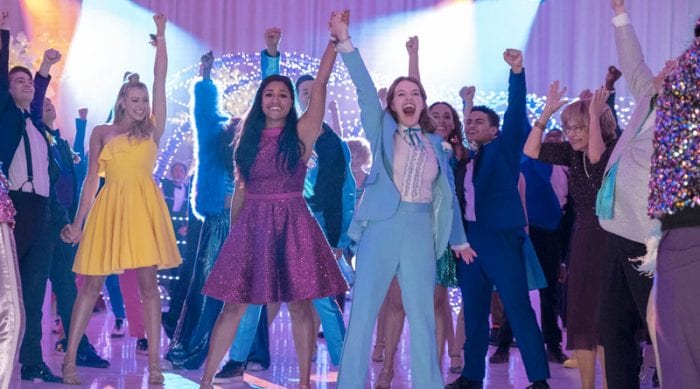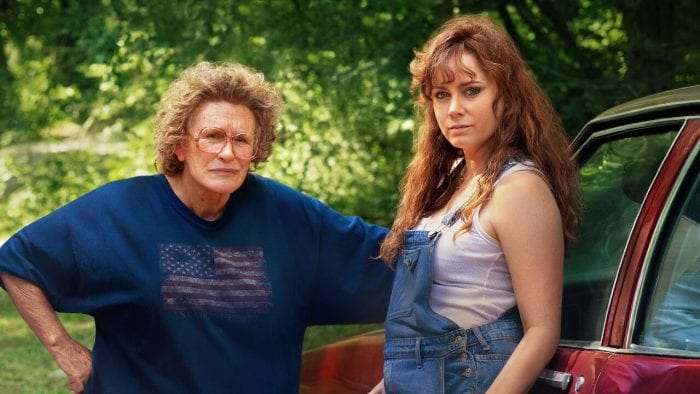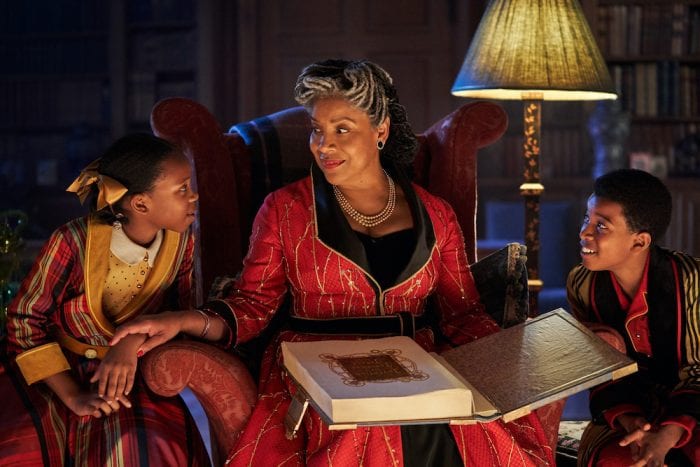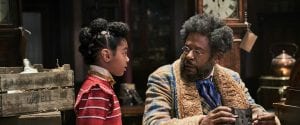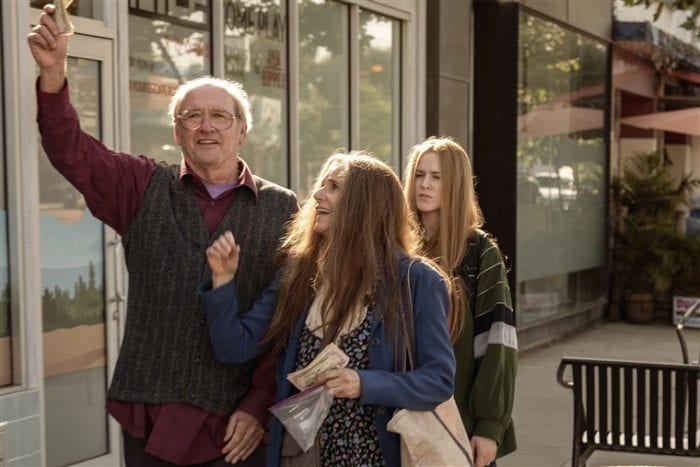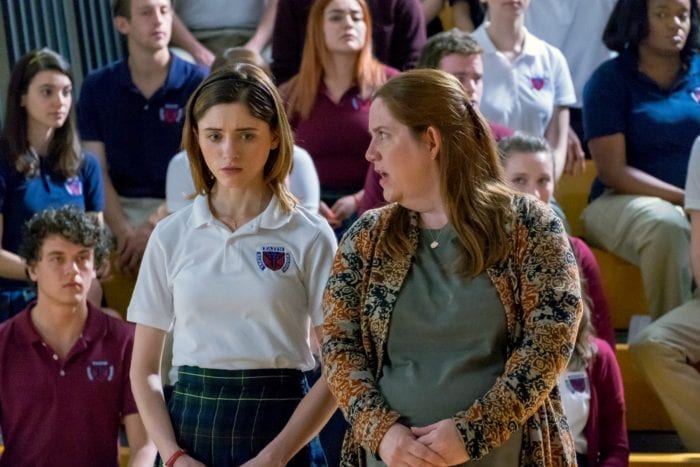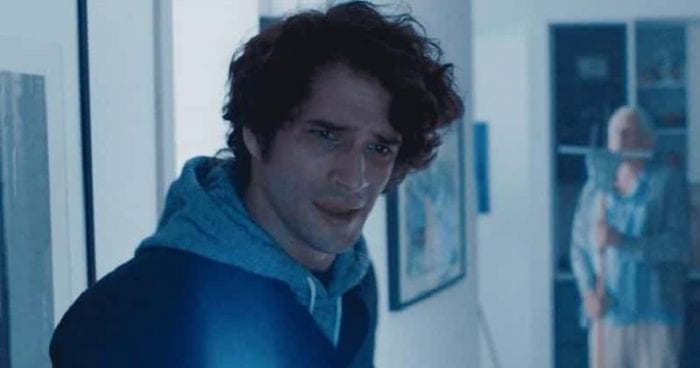Reviewed by Jeffrey Sanzel
The world of cinephiles divides between those who think Citizen Kane is one of (if not the) most brilliant films ever made — and those who think it is over-rated. Hundreds of thousands of words have been written about the film, dissecting its structure, cinematography, symbolism, background, and place in moviemaking history.
The American Experience produced the documentary The Battle Over Citizen Kane (1996). It chronicled the battle between Orson Welles and William Randolph Hearst over the creation and release of the film. It was followed in 1999 by the historical drama RKO 281, which covered the same material and starred Liev Schreiber as Welles, James Cromwell as Hearst, and John Malkovich as screenwriter Herman J. Mankiewicz.
Netflix now offers David Fincher’s Mank. Fincher, best known for thrillers (Seven, Panic Room, Alien 3, Fight Club), has directed his late father Jack Fincher’s fascinating screenplay, less exploring Citizen Kane but instead focusing on the man behind the screenplay, Herman Mankiewicz. This is a piece of high style, evoking the noirish films of the 1940s; in essence, it tells the story in the way in which Welles himself would have.
The film alternates between 1940 when Welles is eagerly waiting for Mankiewicz to finish the screenplay, and the early 1930’s where Mankiewicz is struggling to find a foothold. The screenplay, which would become Citizen Kane, is a thinly veiled and vicious take on the life of newspaper mogul Hearst and his relationship with his lover, Marion Davies. Mankiewicz is to receive a large fee for the screenplay but no credit. Laid up with a broken leg, he embarks on meeting Welles’ deadline.
Those looking for an account of the making of Citizen Kane should look elsewhere. Mank is instead an exploration of Hollywood, specifically the politics of show business and show business’ involvement in politics. A good deal focuses on the California gubernatorial election of 1934 and how the Republican MGM hierarchy ran a smear campaign against left-wing author Upton Sinclair.
Presented is a Hollywood of hedonism and an old boys’ network, of backroom deals, demanded loyalty, and the unchecked intersections of film, power, and money. In the midst of this is Mankiewicz who is battling his demons, both in his career and with his alcoholism. It is a story in which the protagonist is Quixote and Cervantes, an intriguing and demanding drama that requires full attention.
If the definition of being a great actor is to lose oneself in the role to the point of being unrecognizable, then there is no finer actor than Gary Oldman. He is a true chameleon. It is hard to measure his performances against each other because no two are alike in any way. His Mankiewicz is unique: charming, insightful, dissipated, conflicted, and inscrutable. It is one of the best performances of 2020.
Amanda Seyfried brings charisma and depth to Marion Davies, in contrast with Citizen Kane’s Suzanne Alexander Kane, a spoiled and unaware gold digger; Seyfried’s Davies has a core of honesty and a surprising self-awareness. Arliss Howard is effective as the volatile studio head Louis B. Mayer, a monster manipulator with no conscience. Charles Dance finds shades in his portrayal of Hearst that humanizes the character but in no way detract from the man’s ability to destroy. Tom Burke’s Orson Welles hovers around the periphery, more seen than heard (which is a good thing as he has successfully recreated Welles’ voice as his resemblance is only passing). Sam Troughton makes for a fussy John Houseman, sent by Welles to watch over Mankiewicz. Tuppence Middleton finds warmth and intelligence in Sara, Mankiewicz’s tolerant wife, as does Lily Collins as Rita Alexander, the willful secretary who assists him. The film is populated with cameos of icons of the era (Joan Crawford, Norma Shearer, Ben Hecht, George S. Kaufman, etc.) that enhance the epic feel.
The film is shot in rich black-and-white; Erik Messerschmidt’s cinematography deserves high praise. Equally credited should be Kirk Baxter’s spot-on editing. Donald Graham Burt’s production design complements the art direction of Chris Craine and Dan Webster. Trish Summerville’s hundreds of costumes perfectly reflect the era.
Fincher’s collaboration with these artists has resulted in a vision of the darker Hollywood of another era. Mank is not so much a film about a film. It is instead a thoughtful portrait of the construction of art in the face of warring forces.
In the end, Mankiewicz (who did not attend the ceremony) receives the Academy Award for Best Screenplay. Mankiewicz’s career would never reach another high of this proportion, and he would die thirteen years later from complications due to alcoholism, a genius dead at the age of fifty-five. This tacit and disturbing ending is an appropriate coda to an introspective and absorbing film.
Rated R, Mank is currently streaming on Netflix.

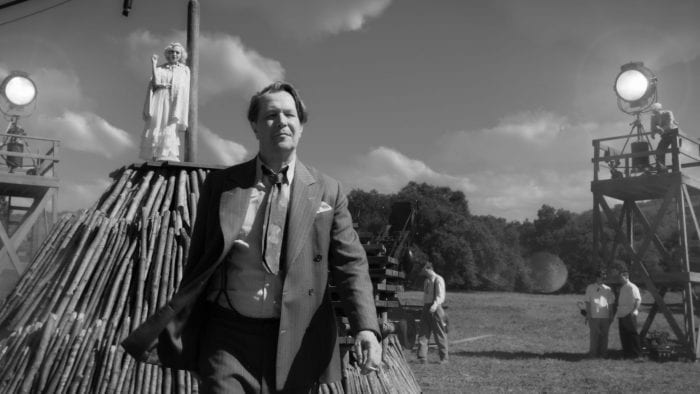
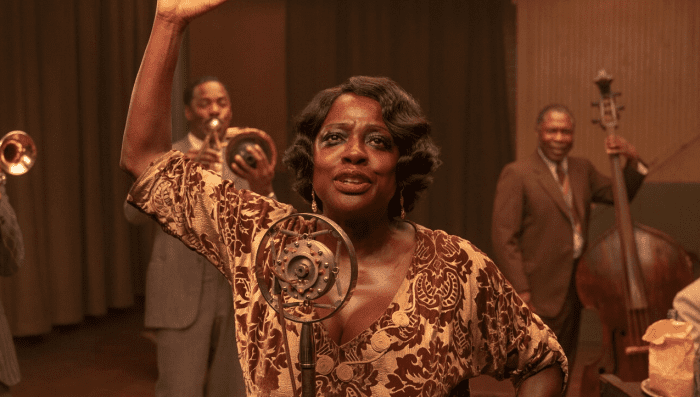
 The action shifts to the studio where the musicians await the arrival of Ma Rainey. The artists smoke, drink, and banter, and philosophize. But what seems like random chatter is a reflection of social injustice then and now. The men offer stories and anecdotes, with this slice of life elevated by Wilson’s honest and poetic words and exceptional performances.
The action shifts to the studio where the musicians await the arrival of Ma Rainey. The artists smoke, drink, and banter, and philosophize. But what seems like random chatter is a reflection of social injustice then and now. The men offer stories and anecdotes, with this slice of life elevated by Wilson’s honest and poetic words and exceptional performances.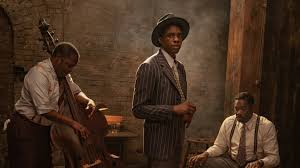 The film also marked the final performance of Chadwick Boseman, who sadly died of colon cancer at the age of forty-three. His performance is nothing less than brilliant, bouncing between Levee’s energetic and monomaniacal determination to create his own band and his inner demons. These lead to clashes with both Ma and his fellow musicians. His relating of his mother’s rape and his father’s revenge is one of the most chilling and raw moments in this or any film.
The film also marked the final performance of Chadwick Boseman, who sadly died of colon cancer at the age of forty-three. His performance is nothing less than brilliant, bouncing between Levee’s energetic and monomaniacal determination to create his own band and his inner demons. These lead to clashes with both Ma and his fellow musicians. His relating of his mother’s rape and his father’s revenge is one of the most chilling and raw moments in this or any film.